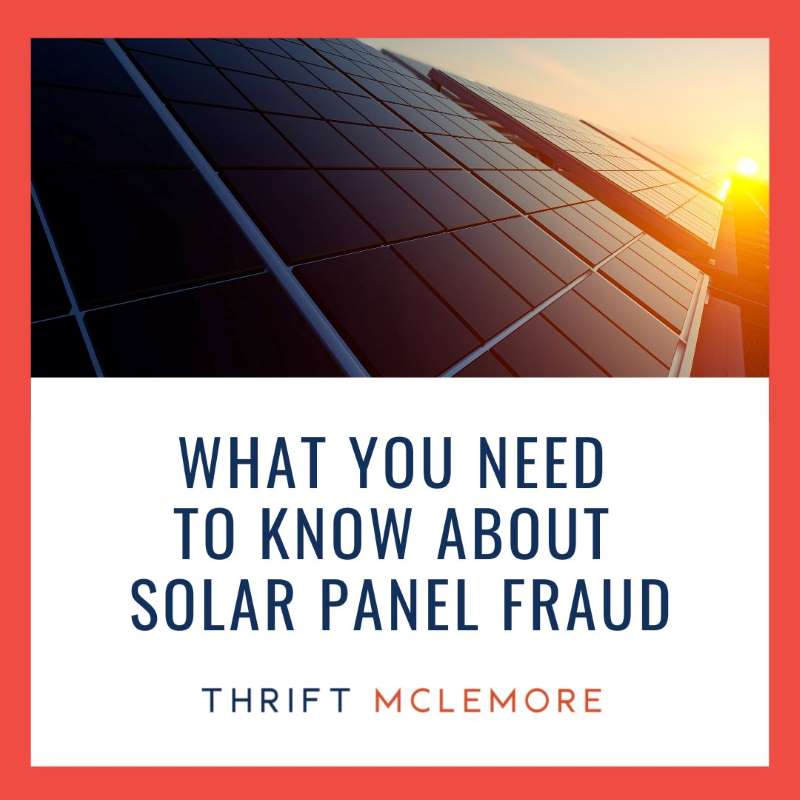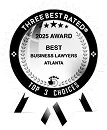Solar panels offer two benefits that appeal to many homeowners: saving money on taxes and energy bills while reducing their carbon footprint.
The solar panel industry is expected to grow up to four times in the next ten years. However, consumers need to ensure they aren’t falling victim to fraud.
The latest solar company in the news is PowerHome Solar, now known as Pink Energy. Pink Energy recently closed its doors after facing multiple lawsuits due to the sales tactics employed by its sales representatives. Pink Energy had sales representatives caught on camera outright lying to customers about the benefits they would receive. Sales representatives promised customers government rebates, tax credits, and savings that never came. It is essential that you do not fall victim to the misleading tactics that the sales representatives utilize.
Some homeowners find themselves in a contract for more solar panels than they need. An increasingly common scenario is that the company offers free panels and free installation, only for the consumer to find themselves in a lease contract for tens of thousands of dollars without being able to reap any of the tax breaks.
Solar companies generally give homeowners two options for installing the panels: purchase or lease the panels. While you can purchase the panels with cash, some opt to purchase with a home equity loan or a solar loan. With a home equity loan, the loan is secured by your home and the interest you pay is tax deductible. A solar loan is unsecured, and the interest you pay is not tax deductible.
The other option is to lease the solar panels. Leasing could seem the right idea at first because there is little to no up-front cost, and your electric bill decreases. However, be mindful of the lease agreement terms. For example, does the interest rate change over the course of the lease?
How can you make sure you aren’t falling victim to a scam?
Read about 7 ways to avoid solar panel fraud.
1. Choose a company that sells solar panels rather than leases them.
2. If the solar company is a registered contractor or maintenance company, make sure the salesperson is licensed as required by law.
3. Check the company on the Better Business Bureau website.
4. Request time to review the contract and financing agreement.
5. Request that the sales representative provide the benefits you’ll receive in writing.
If your pursuit of green energy has cost you more “green” than you anticipated, the attorneys at Thrift McLemore, experienced in solar panel fraud, are here to help. We also provide legal help filing or finding resolution for a solar panel warranty claim.







